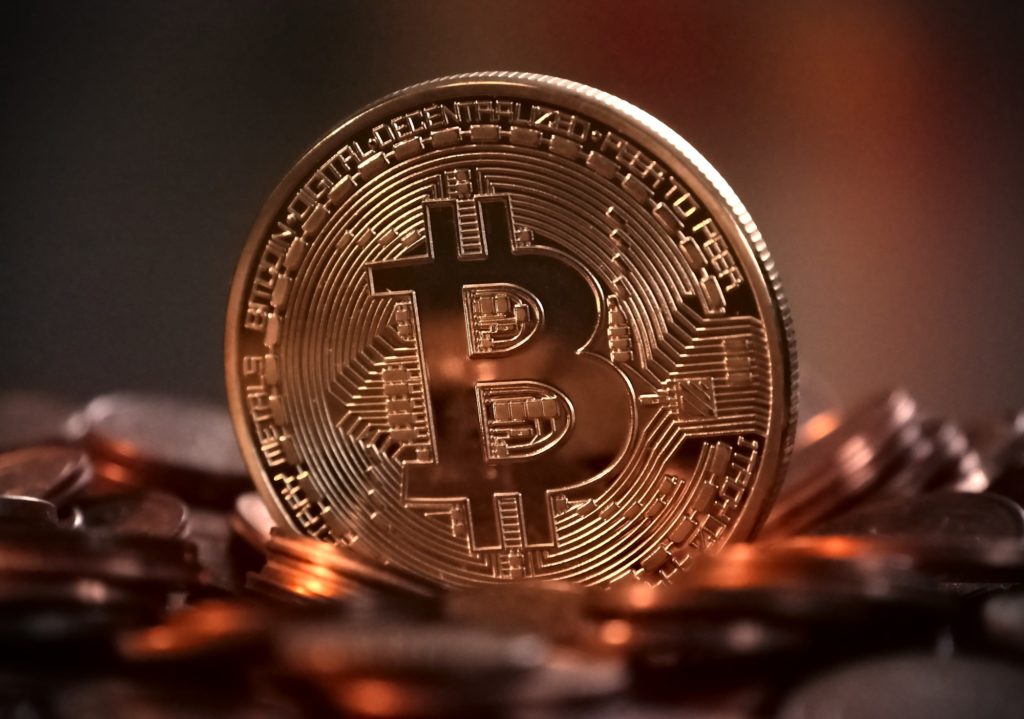More than 106 million people worldwide use cryptocurrencies. Despite the rapid adoption of cryptocurrencies in recent years, many people still have very little understanding of them. Of all the cryptos we now have, Bitcoin is still the most popular, so if you want to get into crypto, Bitcoin is where you should start.
So what is Bitcoin, and why has it become so big? This Bitcoin guide covers what Bitcoin is for beginners and will get you started in the world of crypto.
Bitcoin for Beginners
Bitcoin is a digital currency that was invented in 2009. At the time it had a value of less than 1 cent per coin and has since seen all-time highs of almost $70,000. Bitcoin is traded using blockchain technology, where everything happens through a decentralized ledger. This means that no government or financial institution can control it in any way.
All transactions on a blockchain are recorded, and anyone can view the information. Bitcoin is secured with cryptography, which involves complicated algorithms to validate transactions.
Because there’s no central authority that controls Bitcoin, users can create accounts without making their identities public. You can make transactions without having to worry about anyone tracing them back to you.
The History of Bitcoin
Perhaps one of the most interesting things about Bitcoin is its origin. Despite all the things known about it, the actual creator remains a mystery.
When it was released in 2009, credit for the creation of Bitcoin was given to Satoshi Nakamoto. This, however, is not a real person, and the creator’s actual identity remains unknown to this day. There’s even speculation that “Satoshi Nakamoto” is a group of people rather than an individual.
One of the details specified in Bitcoin’s whitepaper is that the purpose of Bitcoin is to serve as a “peer-to-peer electronic cash system” independent of any central authority. Many people believe that this is a direct response to the financial crisis of 2008 so that regular people don’t risk suffering as a result of the greed of financial authorities and large banks.
Since Bitcoin’s creation, thousands of other cryptocurrencies have been invented with varying levels of success. Some have become very popular and valuable, but Bitcoin still stands at the top.
How to Buy Bitcoin
If you’re interested in buying Bitcoin, there are a few ways you can do this. The most common method people use is a crypto exchange.
There are several large exchanges available such as Coinbase, Binance, and Kucoin. For the most part, these are all relatively similar, but they do vary in terms of the cryptos they sell, the fees they charge, and certain smaller features. Take a look at some different exchanges so that you can decide which one is best for you.
Once you’ve settled on an exchange you need to create an account. Depending on the one you’ve chosen, you might need to provide ID for verification before you can start trading. You can add a payment method, with the easiest being a debit/credit card, but wire transfers and some other methods are also possible.
You can then start buying your crypto. You’ll have the option to buy Bitcoin or a range of other cryptocurrencies. Bear in mind that there will be a fee for every transaction, so look at the payment details on each purchase to see how much it is.
Remember that the value of any crypto goes up and down, so buying at different times will affect how much Bitcoin you get, even if the transactions are just minutes apart.
Selling Bitcoin
If you decide to sell any Bitcoin you own it works similarly, but you choose what to sell it for. You can sell it for a fiat currency (dollars, euros, etc.), different cryptos, or stablecoins. Again, like when you’re buying Bitcoin, the price will change with each transaction.
Stablecoins are useful if you want to hold your finances on the blockchain, but not as crypto. Stable coins are pegged to the US dollar, so unlike Bitcoin, the price doesn’t change, and they will always be worth the same dollar amount.
Storing Bitcoin
When you buy crypto it will be held in your account on the exchange you’ve used. You can keep it here, but most people prefer to transfer it to an external wallet for security purposes.
Soft Wallet
A soft wallet (or hot wallet) is a digital wallet that you can usually use as a browser extension or a smartphone app. They’re free and more secure than exchanges.
When you set up a soft wallet it will give you a 12-24 word seed phrase. If you ever lose access to your wallet you’ll need your seed phrase to get it back, so make sure you make a note of it and store it securely.
You shouldn’t save a seed phrase to your computer or anywhere else someone might be able to access it. If someone gets your seed phrase they may be able to steal all of the crypto in your wallet.
Cold Wallet
A cold wallet (or hard wallet) is a physical device that you can store crypto on. Like a soft wallet, these use a seed phrase, but they also have to be connected to a computer physically for any transaction to take place.
When it comes to strong Bitcoin, this is the most secure option. A hard wallet isn’t essential for everyone, but if you have a large amount of crypto then it’s generally a good idea to have one.
The Future of Bitcoin
As more people and organizations are adopting Bitcoin, it seems that it will only grow from here. Various retailers already accept crypto, and there are even Bitcoin ATMs all across the US. CFI.CO covers all things finance, helping you stay up to date with the latest information.
For more about Bitcoin for beginners, click here to visit our website and sign up for our newsletter.
0